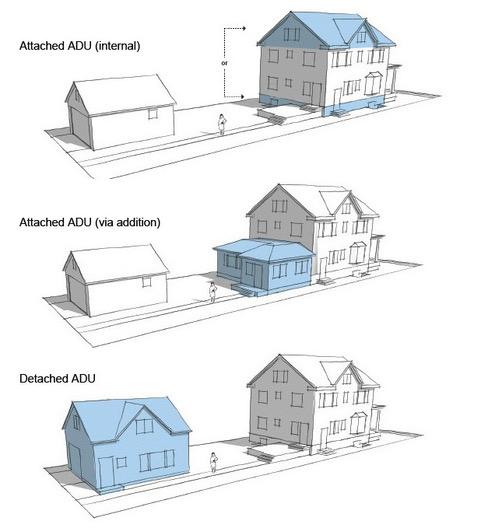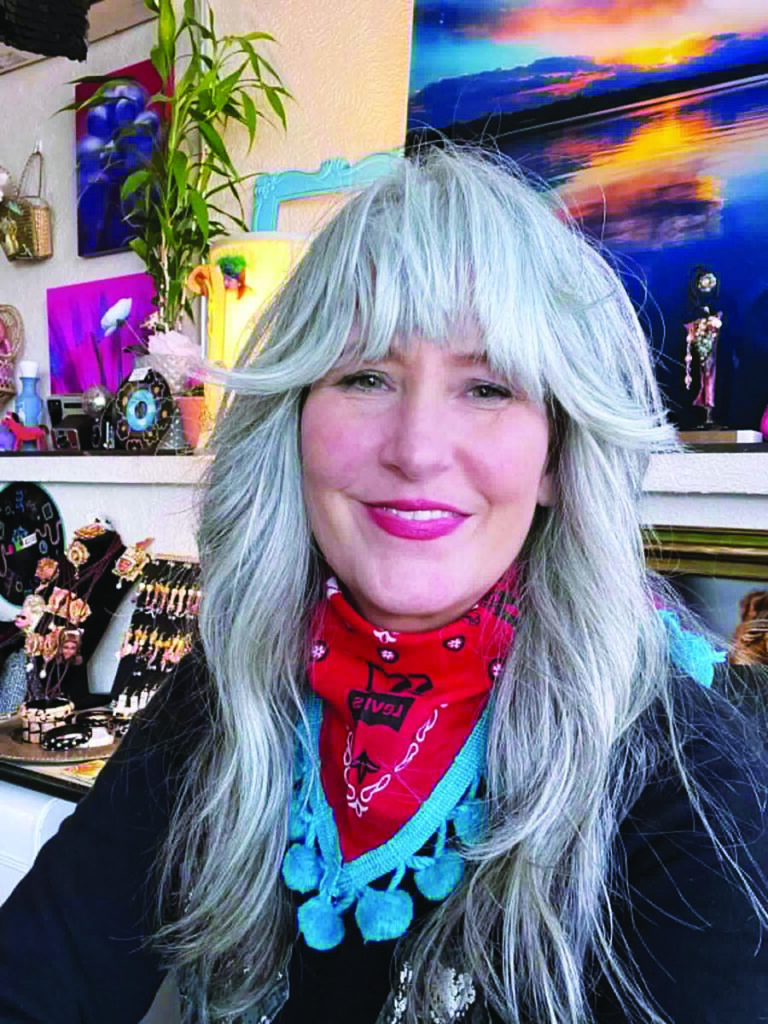ADU, Auxiliary Dwelling Unit, granny flat, carriage house, guest house. Many names with many uses. But, of course, many opinions. For years it was a can kicked down the road by previous city councils here in Wheat Ridge. Finally, a new group is focused on addressing and creating a set of rules where citizens can benefit from such a program.
“The fact is that ADUs have existed for decades here in Wheat Ridge,” District II Councilwoman Rachel Hultin says. “We simply are trying to help owners become legitimate and be able to pull permits to fix them, remodel them and even legally sell them as part of their property.”
Denver has very quickly gone through and allowed them in many neighborhoods. Allowing homeowners to build ones on their properties, in the back or side of the main home. They could also be a living space built on top of the garage. A place to house your returning children from college. Perhaps a place to move into as a senior and rent out the main home. Many uses in a time where not many homes are available to buy.
But then what about the neighbors who moved into their dream neighborhood with plenty of distance between the homes, not so many cars on the road and an environment that was calm, quiet and predictable? Only now there are more homes in the same space, more people and certainly more cars. No longer the quiet neighborhood they moved into.
That was District III Councilman Korey Stites’ point in the Nov. 15, 2021, study session focused on ADUs. Stites pushed for the process to include alerting and almost asking for permission from neighbors, while Hultin defended personal property rights. The city currently requires only airbnb license holders to simply share a point of contact for any problems arising from the short-term rental. But not for long term rentals, or any kind of residential buildings. Hence Hultin’s intention that the ADUs will rely on already existing ordinances without the need for additional and even complex rules that will burden not only the city to enforce but more importantly, home owners to follow.
Building codes, utilities and parking are some of the issues to be considered. How close to the fence and how high can the structure be built? Will the secondary home need to be architecturally similar to the main home? Will the utilities such as water, sewer and electricity feed off the main house or will one have to establish new and costly dedicated services? Will parking be shared, or will the ADU dweller be able to leave their car on the street? This is where the process gets complicated.
While the intention would be for ADU owners to be able to come out of the shadows and divulge the existence of such potentially nonconforming buildings on their properties, District II Councilman Scott Ohm insisted that those with unsafe places such as “basements without the large egress windows” should be pursued by code enforcement. Director of Public Works Ken Johnstone agreed with that and commented that tiny homes would not be allowed in Wheat Ridge as they do not follow the International Building Codes.
We only need to look around at existing ADUs that do in fact take the shape of repurposed train cars, remodeled basements, retrofitted garages and the list goes on. Most probably do not follow updated building codes, but have been in usage for years and even decades. District III Councilwoman Amanda Weaver was concerned about the true “safe environment” where someone very much like herself who owns a 100-year-old farm. Thinking of everything it would take to bring this building into conformity, would she be placed on some kind of “watchlist”?
It’s important to assume and even count on that council does not intend to disturb the harmony in our neighborhoods. We only need to look around us where ADUs have been thoughtfully planned and successfully implemented. A healthy revenue, no doubt, for the city, contractors and even homeowners profiting from either renting them out or certainly saving rent for the kids by having them move back home. We get to an age where the home we live in is just too big to maintain and live in. With too many stairs and simply unsafe. Most aren’t willing or even able to move to other accommodations. The financial, physical and even emotional stress of moving and relocating is just not an option.
The interest and support for ADUs has grown over the last few years. The rise of home prices, the lack of local inventory in houses. District IV Councilwoman Leah Dozeman shared in that study session how excited she was that she had brought up this subject back when elected for her first term in 2017 and the subject was finally and properly addressed.
If ADUs are something that interest you, I would urge you to attend city council meetings and study sessions. They are available on Zoom and in person now. You may even go and speak at one and share your concerns and perhaps even your encouragement. You can also reach out to one of your city councilors (there are two per district). You can also watch the study session where all these points were discussed at: www.youtube.com/watch?v=FbJNXMAfOcY
It’s easy to understand why this issue was never resolved by previous councils. While there is no magic solution that will make everyone happy, we are at least on our way to a great start.






